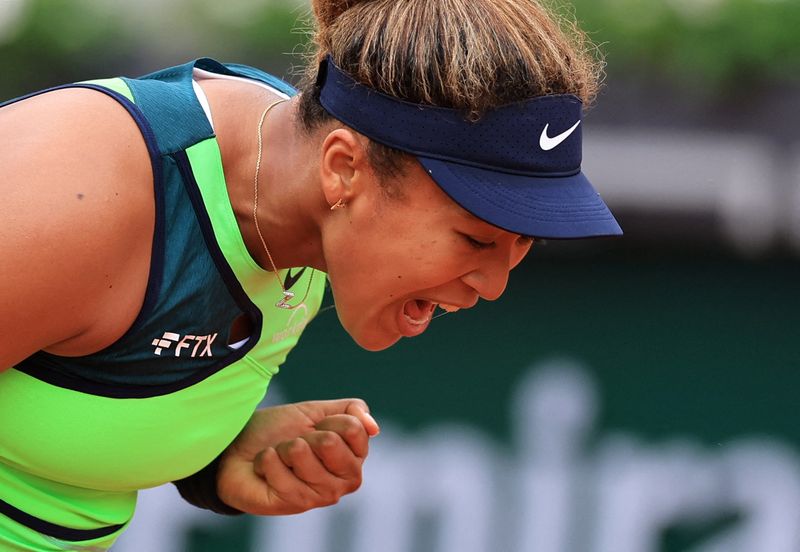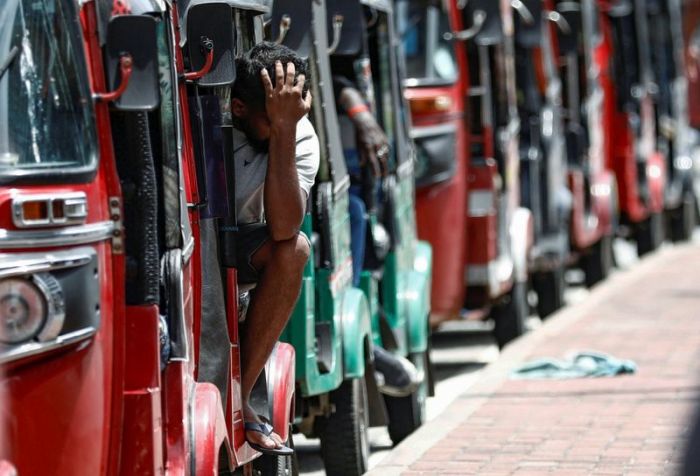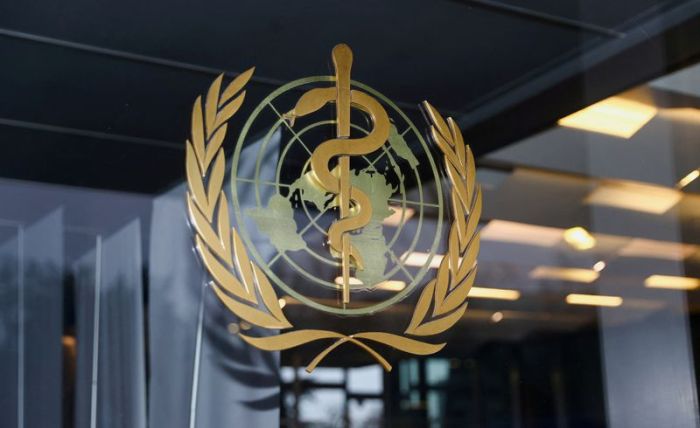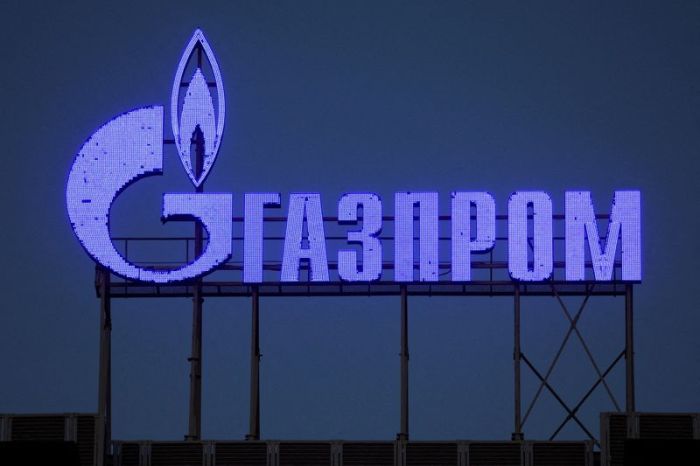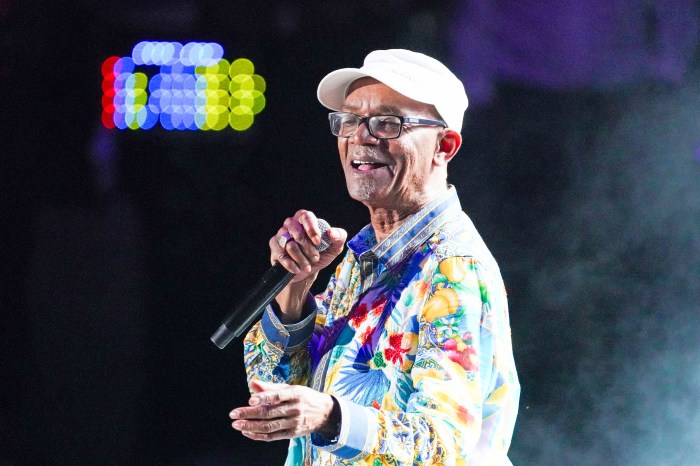PARIS (Reuters) -Four-time Grand Slam champion Naomi Osaka’s participation at Wimbledon was in doubt on Monday after the Japanese player said the decision by the sport’s authorities to strip the tournament of ranking points had reduced her motivation to play.
Wimbledon last week had its ranking points taken away by the men’s ATP and women’s WTA after the grasscourt major opted to exclude players from Russia and Belarus because of Russia’s invasion of Ukraine, which Moscow calls a ‘special operation’.
Belarus has been a key staging area for the invasion.
“I would say the decision is kind of affecting my mentality going into grass, like I’m not 100% sure if I’m going to go there,” Osaka told a news conference after her first-round defeat at the French Open on Monday.
“I would love to go just to get some experience on the grass court but at the same time, for me, it’s kind of like — I don’t want to say pointless, no pun intended, but I’m the type of player that gets motivated by… seeing my ranking go up.”
The move by the ATP and WTA was met with “deep disappointment” by the All England Lawn Tennis Club (AELTC) who repeated their stance that the ban was the only viable option under British government guidance.
The International Tennis Federation (ITF) also said it will not grant ranking points to Wimbledon this year for junior and wheelchair tennis events.
The AELTC decision to impose the suspension on Russian and Belarusian players at this year’s championships is the first time players have been excluded on grounds of nationality since the immediate post-World War Two era when German and Japanese players were banned.
‘TRICKY SITUATION’
Rafael Nadal, the 21-time Grand Slam champion, deplored that players could not speak with one voice in the matter.
“The problem with the players’ side is always the same. From the tournament side, there is always a person and a board, a person or a board who make decisions,” the Spaniard told reporters.
“And the rest of the people running the event follow that position. In our tour, every single player has a different opinion, and that’s why we never achieve the things that we could achieve if we would be together.”
World number one Iga Swiatek said she would take part in Wimbledon, but implored the tennis governing bodies to come together to resolve the issue.
“I feel like it’s a pretty tricky situation, and every solution is going to be somehow the wrong one for some part of people or players,” the Pole said after an easy first-round win at Roland Garros.
“I just hope that the people that are responsible for making the decisions, they are all going to come together so our sport is going to be united because, for now, I feel like it’s not united. We feel that in the locker room, so it’s pretty hard.”
Swiatek expressed some sympathy for Russian and Belarusian players.
“I also know that all the Russian and Belarusian players are not responsible for what’s going on in their country,” she said.
“But, on the other hand, the sport has been used in politics and we are kind of public personas and we have some impact on people. It would be nice if the people who are making decisions were making decisions that are going to stop Russia’s aggression. But it’s a tricky one.”
‘REALLY HARD’
Belarusian Victoria Azarenka, who will not be playing at Wimbledon, said she has been working with the WTA players’ council, of which she is a member, to help those affected by the authorities’ and Wimbledon’s decisions.
“I think those conversations are really hard. When I have any of those conversations I don’t look at myself and if I am affected,” she told a news conference after getting through the first round in Paris.
“I look at the bigger picture. I believe that I’m not the centre of the universe and I’m not the only person that matters.
“I believe in the unity of players, I believe that sport should unite people. I hope we have an opportunity to show what sport can bring when we unite and do something together for the good,” the former world number one added.
“To talk more about that, I’m affected in the situation, I’m not a victim. I will never speak as a victim. I believe in the greater good.”
(Reporting by Julien Pretot; Additional reporting by Sudipto Ganguly; editing by John Stonestreet/Martyn Herman/Ken Ferris)

